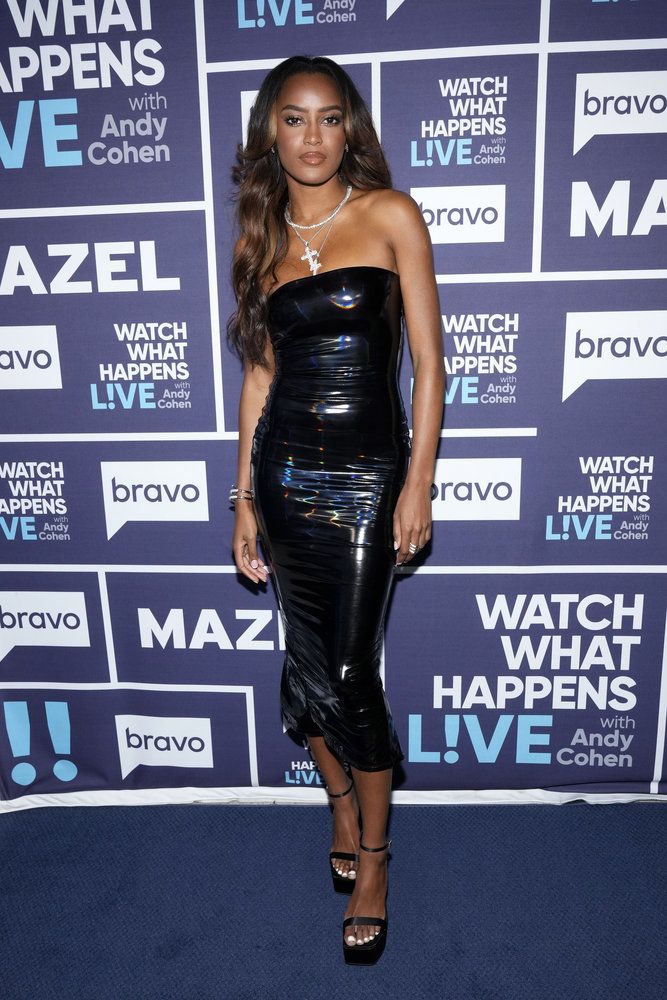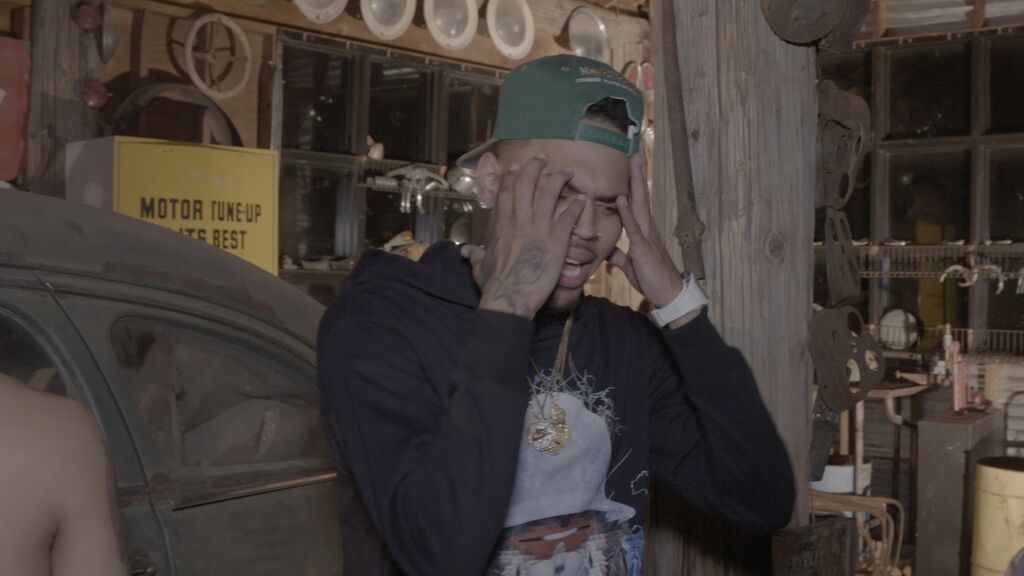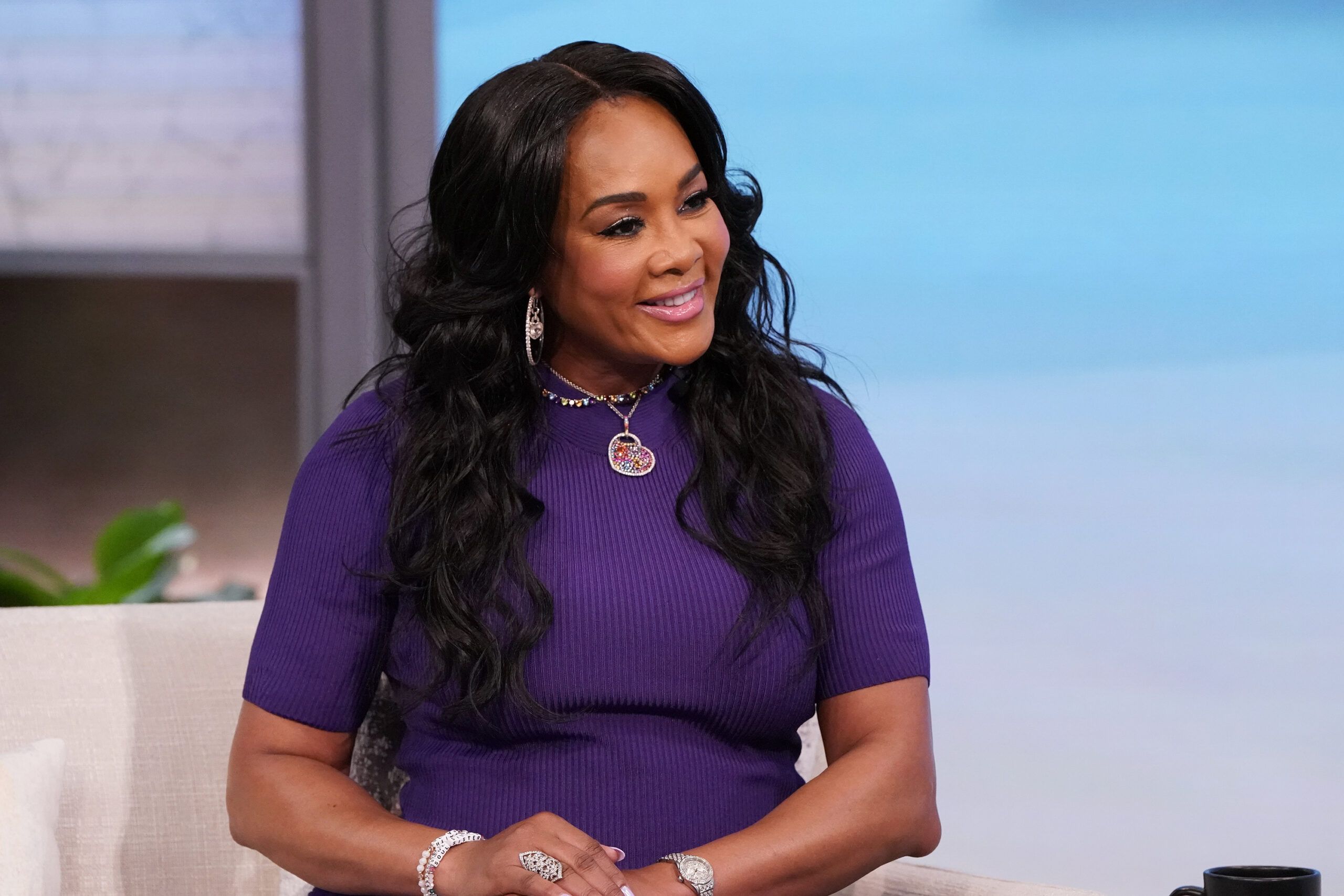
On the Wednesday, October 4 edition of “Tamron Hall,” renowned actress, producer and director Vivica A. Fox discussed her journey from acting and producing to her newest venture: directing. Fox discussed stepping into the director’s chair for her first feature film “First Lady of BMF: The Tonesa Welch Story” on BET+. Fox was joined by the real-life Tonesa Welch, who shared the story that inspired the film.
At the age of 19, Welch found herself drawn to the limelight of the drug industry. Eventually, she became connected to the infamous Black Mafia Family (BMF), a drug trafficking and money laundering empire, and ultimately served time in prison for money laundering. More inside and photos with video….
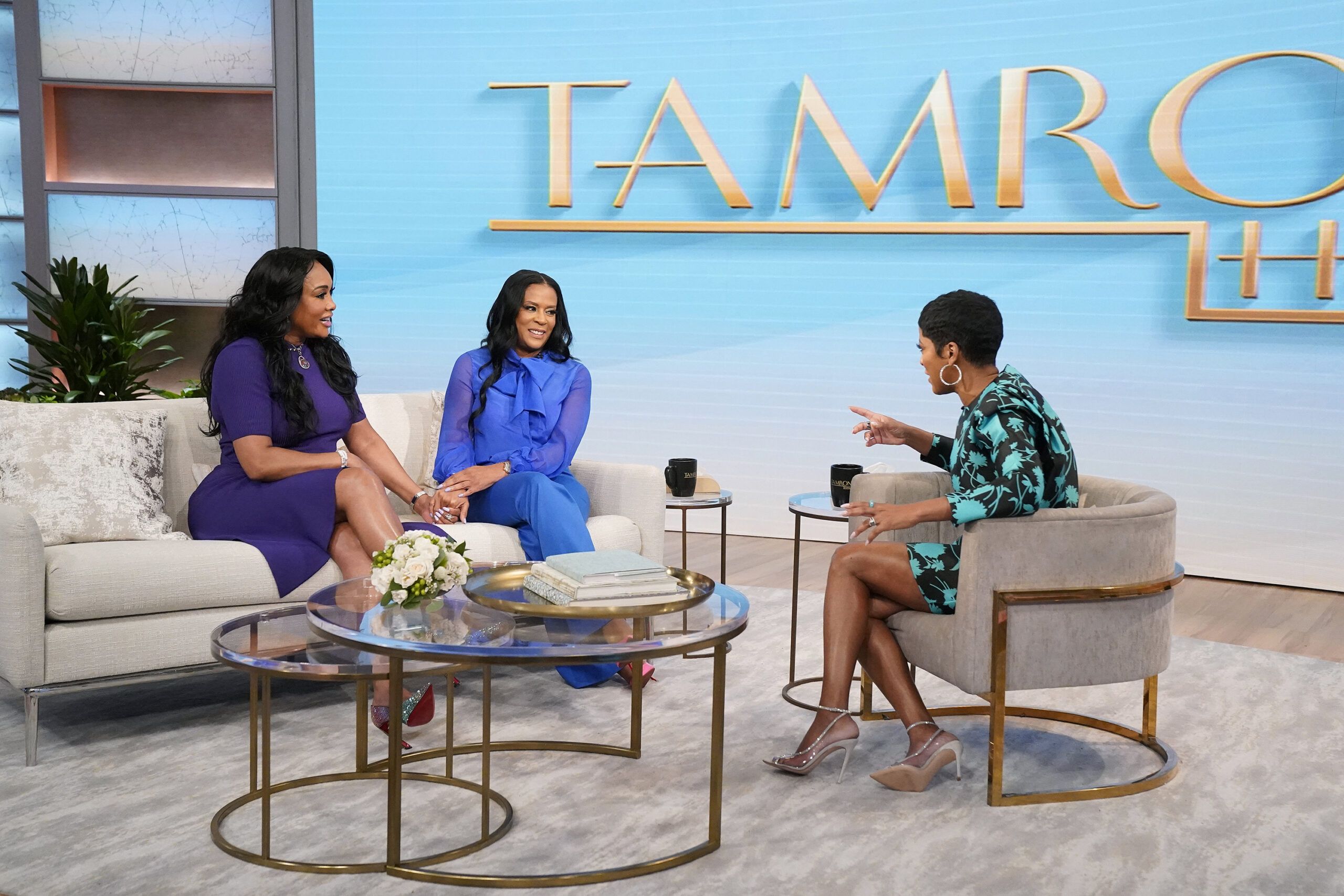
Vivica A. Fox on the inspiration she received from observing fellow female directors:
“I didn’t think it was going to happen for me this soon, let me put it that way, because I’ve been surrounded by amazing directors – Tasha Smith, watching Shonda Rhimes get her own studio, Kerry Washington – and I produced a lot of films, I’ve produced over 50 films for Lifetime.” She continued, “It’s all about girl power and it’s about damn time. I will say that! How about that? Also, my girlfriend Regina King, just watching so many women go behind and truthfully tell our stories and not to be apologetic at all about our power, the way we dress, how we look, how we walk, how we talk, how we do the thang!”
Fox on why this story was important for her to tell:
“I believe that women are capable of everything, anything you want to do. Don’t let one bad choice define your future.”
Tonesa Welch on how her life changed after going to the Roostertail, an infamous Detroit nightclub:
“When I think about who I was – I grew up [in a] middle class family, the only girl in the house, spoiled under my mom all the time. I went to this party and, like I say – I didn’t know that part was going to be in the movie – it was like I did go in a revolving door. It was fabulous, everybody looked so good, and it was just like ‘Woah, I have never seen this before.’ Everybody had on jewelry, even walking up to the Roostertail – if you know anything about the Roostertail in Detroit, it’s fabulous, and I walked in that door and I looked at the people and it was my world. I wanted to be this.” She continued, “It came at a cost, and I didn’t realize that then, but I just wanted to be a part of that life.”
Welch on taking accountability for her wrongdoings:
“I didn’t find it at first. Once I was there, you know, getting past the blaming, you know, all of that being angry, I started realizing, you put yourself here. You did this to you. You did this to your family. So then it was a time for me to reflect on my life. I remember my mother saying one day to me, ‘Who are you?’ She knew I changed and so when I got to prison, and I’m there – I’m stripped of everything that I know, from my family, from everything I had, the homes, the kids, everything – I had to really reflect on who I was now. I had to find out who are you? And it went back to that conversation – so I said, ‘You know what, God? I’m [going] to really work on me. I’m going to really reflect on who am I? How did I get here?’”
Welch on why it was important with her to depict her experience with domestic violence in the film:
“Because I wanted people to really see it. When I was coming around, it was such a silent epidemic. We didn’t talk about it. We hid it, we tried to make it seem like okay, we wipe it off, we put the makeup on.” She continued, “Women have been losing their lives [for] a long time. And so I wanted people to see…you can come out of it, you can come out strong, you can build yourself up, you can change your whole life around.”
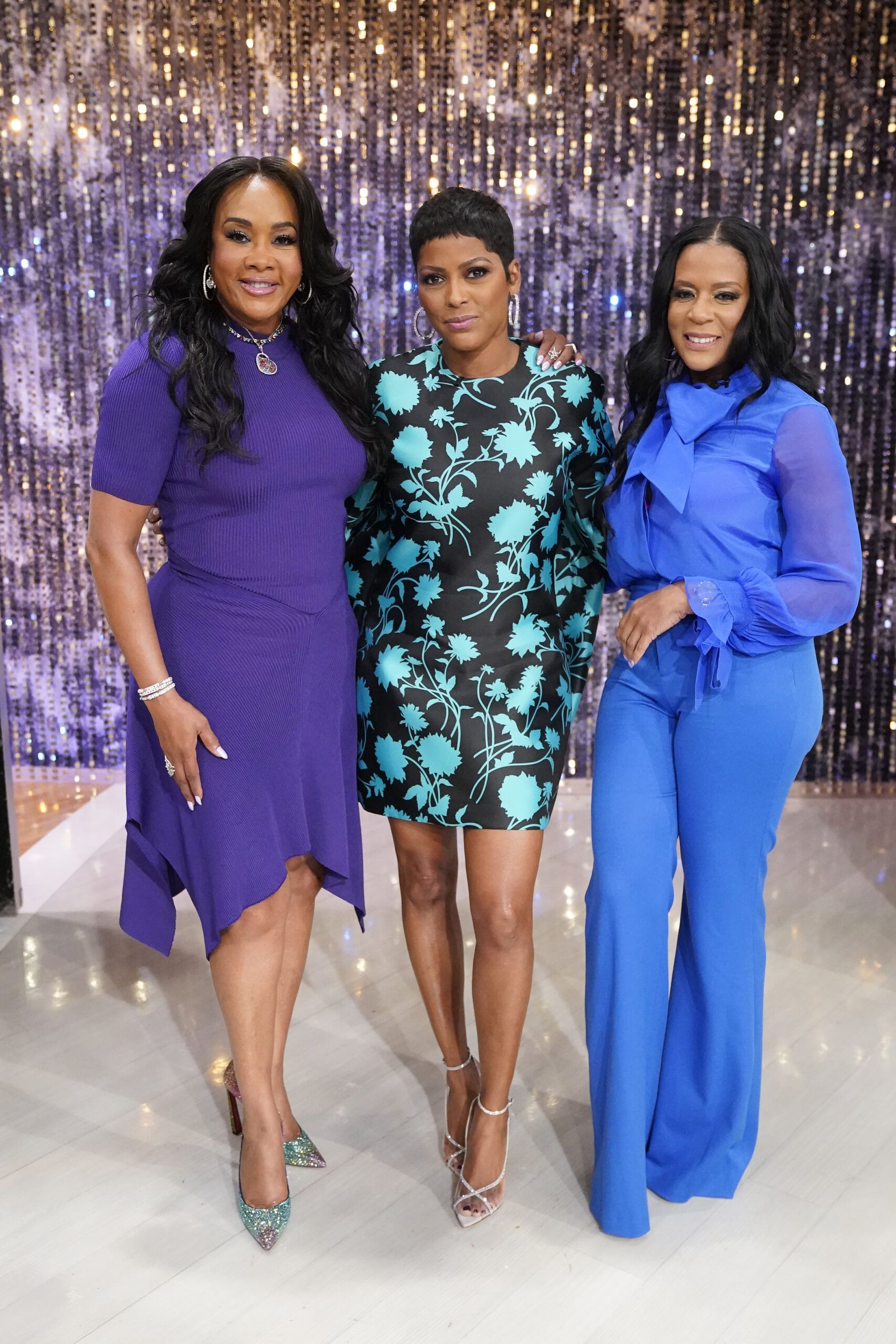
VIVICA A FOX, TAMRON HALL, TONESA WELCH
(Pics by ABC/Heidi Gutman)

